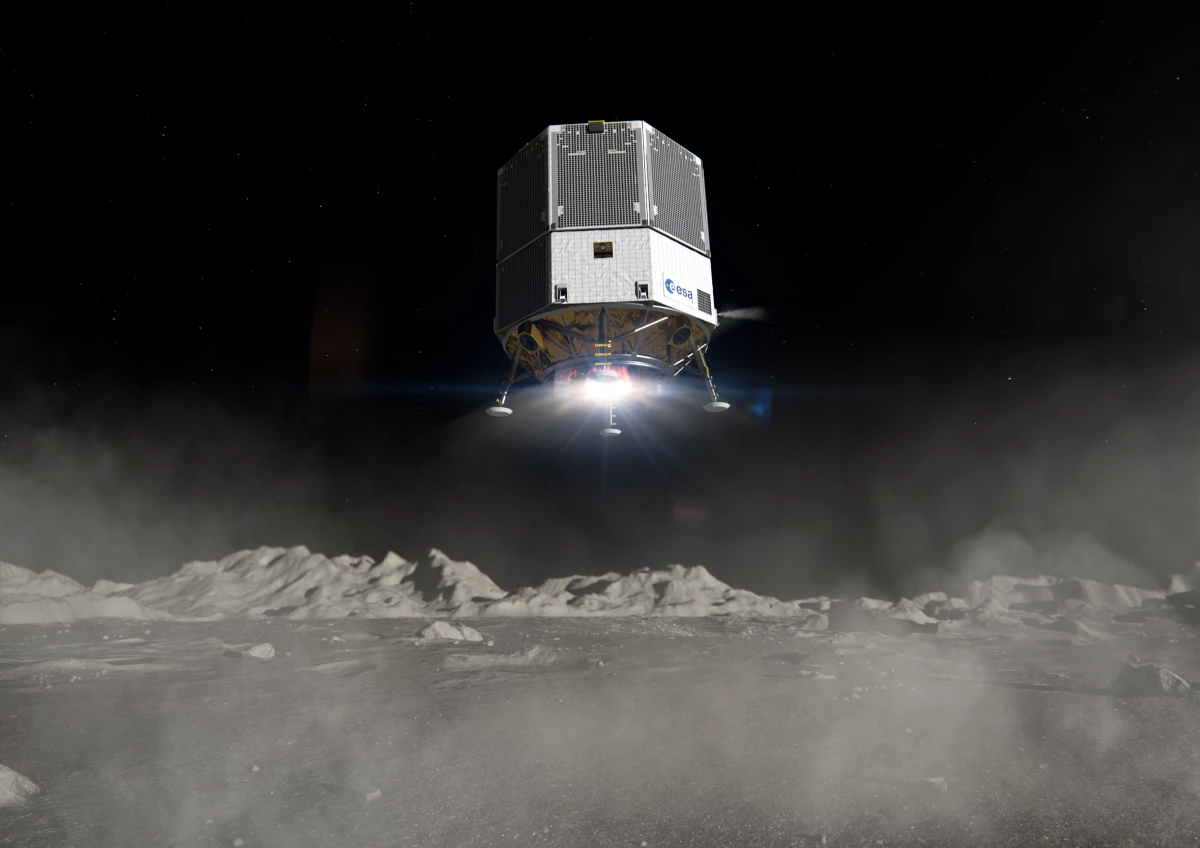We use cookies on our website.
Some of them are necessary for the functioning of the site, but you can decide about others.
Space Applications
Designed for optimal performance and reliability in space missions, our turbomachines, driven by permanent magnet motor technology, outperform in applications like environmental control, precision actuators, fluid/gas distribution, and thrust vector control.

Electric pumps represent a significant advancement in rocket engine technology. They streamline propulsion control and enable precise thrust direction and intensity adjustments across a wide spectrum, ensuring precision and safety in space missions. This innovation is instrumental in safely returning astronauts and valuable samples to Earth or accurately delivering payloads to their intended destinations. The reliability, efficiency, and compact design of E-pumps make them essential components, reducing the risk of system failures and optimizing spacecraft performance across various propellant types, including green, storable, non-toxic, cryogenic, and hypergolic.
The incorporation of electric pumps and gas compressors driven by BLDC motors into environmental control systems enables an enhanced power density without the need to expand the spacecraft's physical volume. This is especially advantageous for telecom applications on high-throughput satellites with substantial power dissipation payloads.
Compact rotating machinery assumes crucial functions in managing thermal control, atmosphere regulation, and gas flow for a range of space missions. These advanced systems uphold reliability and efficiency in environmental control, playing a key role in achieving mission success.
Compressors and pumps play a crucial role in ground-based and in-space cryogenic propellant storage and transfer systems, offering the potential to enhance mission safety, reduce costs, and increase payload capacity. These machines are the result of individual development projects, ensuring they can withstand extreme temperatures, maintain precision in microgravity environments, and preserve the integrity of cryogenic propellants throughout missions. These developments not only optimize hydrogen applications but also align with the growing trend of utilizing environmentally friendly and storable liquid propellants, making them suitable and safe for various liquid rocket applications.